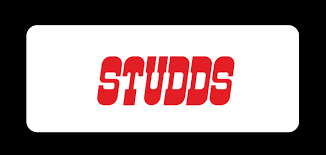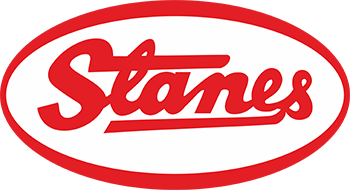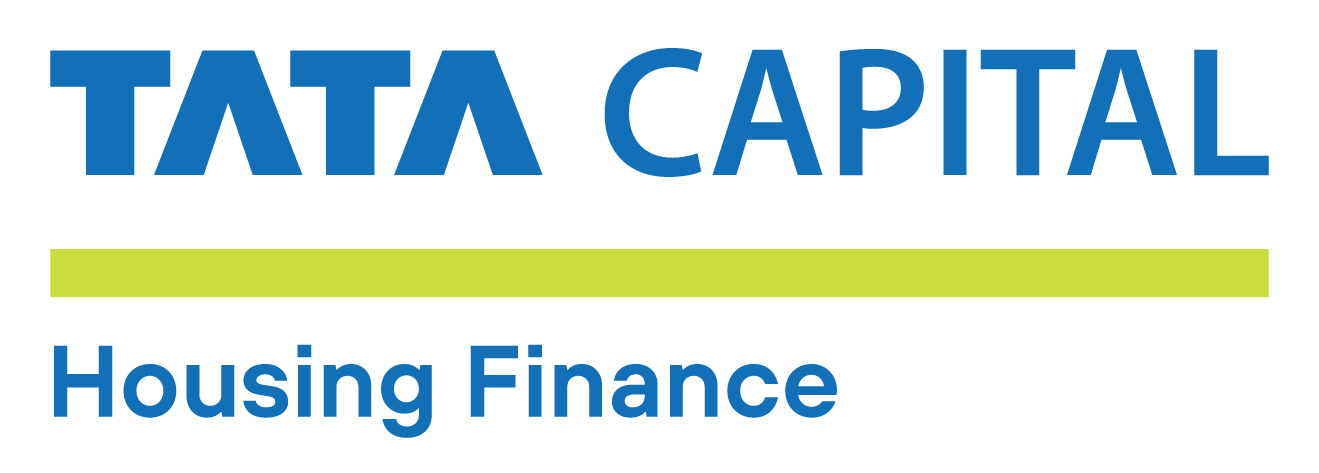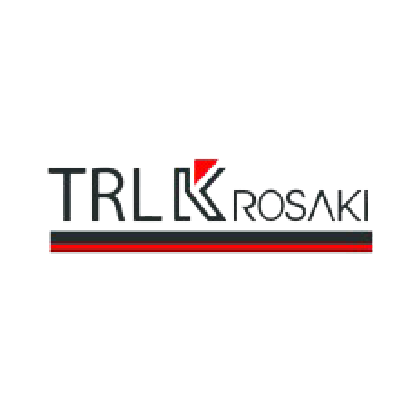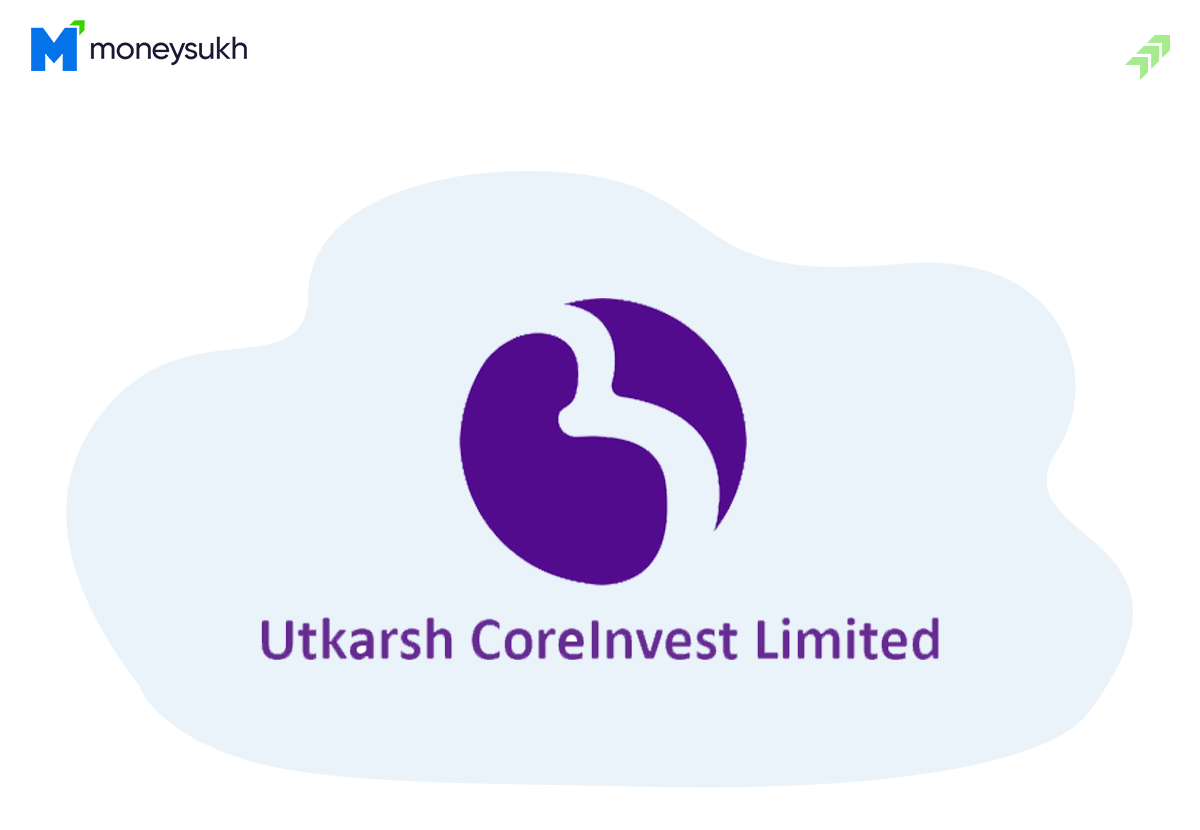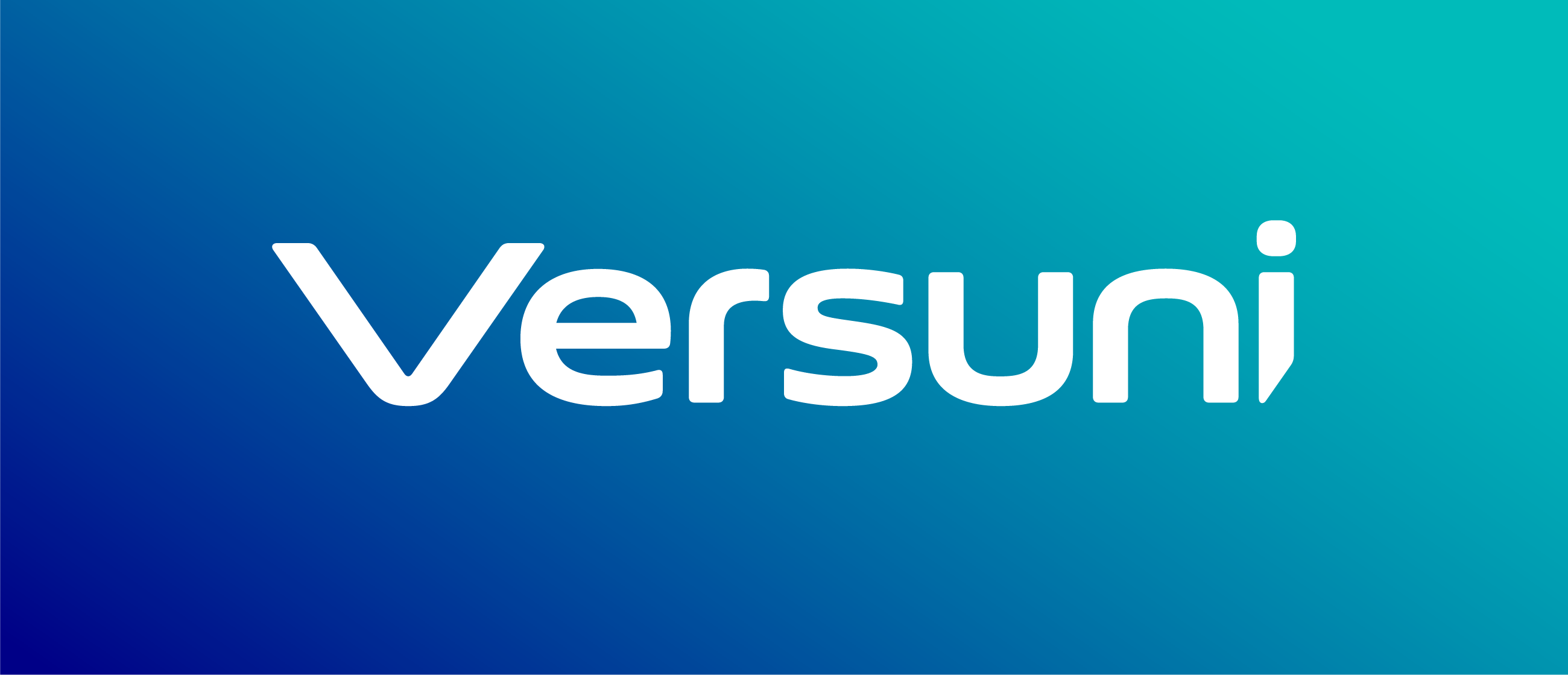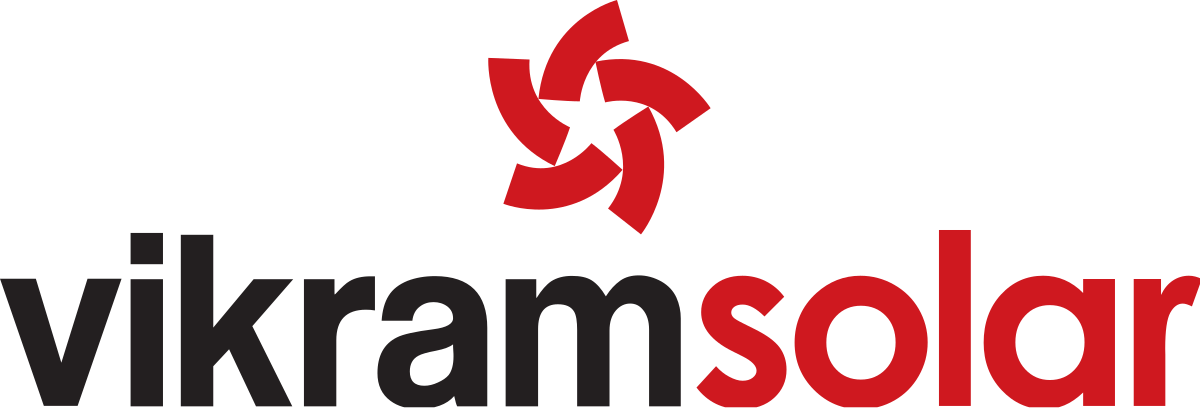The Best Online Trading Platforms in 2024: A Comprehensive Guide

12-12-2024
What is an Online Trading Platform?
Before we dive into the best options, it’s essential to understand what an online trading platform is. These platforms provide the tools needed to buy and sell securities like stocks, bonds, ETFs, and cryptocurrencies. A good platform offers a user-friendly interface, solid customer support, and competitive pricing.
Key Features to Look for in a Trading Platform
Ease of Use
Intuitive Interface: The platform should be user-friendly, especially if you're a beginner. A cluttered or overly complex interface can make trading overwhelming.
Navigation: It should be easy to navigate between different markets, charts, and your portfolio, even if you're using the platform for the first time.
Mobile Access: Seek for a website offering an application or responsive web design to facilitate mobile access.
2. Security
Two-Factor Authentication: This allows you an extra layer of security through an additional identity that's required aside from the password for access.
Encryption: Choose a platform which has incorporated encryption into protecting your financial and personal data.
Regulation and Licensing: Choose platforms that are regulated by reputable authorities (e.g., the SEC in the US, the FCA in the UK), which ensures the platform adheres to strict security and operational standards.
3. Low Fees and Commissions
Zero or Low Commissions: Many modern platforms offer commission-free trades on stocks, ETFs, and options. If a platform charges commissions, they should be transparent about them.
Spreads: On spreads for both forex and crypto trading, compare them (the difference between buying price and selling price). The fewer the spreads, the lesser charges for the traders.
Inactivity and Withdrawal Fees: Some platforms charge inactivity fees or even for withdrawal so it is necessary to evaluate these costs before signing any agreement.
4. Access to Market
Diversified Asset Availability: The trading platform must offer you the access to financial markets such as stocks, ETFs, commodities, forex, cryptocurrencies, and options. It makes you able to diversify your portfolio.
Global Market Access: If you have an interest in international trading, ensure that the platform enables you to access the world's markets, emerging markets, or foreign stocks.
5. Trading Tools and Features
Charting and Technical Analysis: A real-time charting feature, technical indicators, and advanced charting tools are required for active or technical traders.
Order Types: Ensure that the trading platform supports different order types such as stop-loss, limit orders, market orders, and trailing stops to enable you to manage trades effectively.
Automated Trading: Some platforms offer algorithmic trading, which allows you to set specific conditions for executing trades automatically, so you can stick to a strategy without being glued to the screen.
6. Customer Support
24/7 Support: Good customer support is vital. Look for platforms that offer reliable, easily accessible support, such as live chat, email, or phone support.
Help Resources: A good trading platform must have a vast knowledge base or educational resources (tutorials, FAQs, and webinars) to help you navigate the platform and understand market trends.
7. Educational Resources
Guides and Tutorials: For beginners, it would be helpful if platforms provided educational content—video tutorials, webinars, and written guides.
Market Insights and Research: It will be useful to access research, analysis, and market reports in current times.
8. Demo Accounts
Practice Without Risk: Many platforms offer demo accounts where you can practice trading with virtual funds before committing real money. This feature is invaluable for beginners and those trying out new strategies.
Realistic Trading Environment: A demo account should replicate real market conditions as closely as possible, including live price feeds and order execution.
9. Account Types
Variety of Account Options: Platforms should provide several types of accounts, including individual accounts, margin accounts, retirement accounts, and others that might fit your trading style and financial objectives.
Leverage and Margin Trading: If you are going to trade on margin or use leverage, be sure the platform offers those features and understand the associated risks.
10. Withdrawal and Deposit Options
Ease of Fund Transfers: The platform should offer several deposit and withdrawal options, such as bank transfers, credit/debit cards, PayPal, or even cryptocurrency transfers.
Fast Processing Times: The sooner you can access your funds, the better. Look for platforms that process withdrawals quickly.
11. Customization
Customizable Interface: Look for a platform that allows you to personalize your dashboard, set alerts, and adjust settings according to your preferences.
Flexible Trading Layouts: Advanced traders will appreciate the ability to customize chart layouts, add technical indicators, and even save trading templates for quick access.
12. Social Trading Features
Copy Trading: Some platforms, like eToro, offer social trading, which allows you to follow and copy the trades of successful investors. This feature is useful for beginners or anyone who wants to learn from the expertise of others.
How to Choose the Best Platform for You ?
Selecting the best trading platform is a vital step in your trading journey, especially when you're looking to invest in various types of financial assets, including unlisted shares (also known as private equity or pre-IPO stocks). Below is a comprehensive guide to help you choose the right trading platform, factoring in the inclusion of unlisted shares.
1. Evaluate Your Experience and Trading Goals
Your trading experience and goals will help you make the best decisions. Each platform is tailored for specific traders-from novice to experienced professionals.
Beginners
What to Look For: User-friendly interface, low fees, and educational resources that will guide you in getting started. Some ideal platforms for beginners include eToro or Robinhood because they have a user-friendly interface and commission-free trades.
Focus on:
Platforms offering a demo account, features of social trading, and educational tools.
Intermediate Traders
Look for: These traders would want more advanced features like charting, technical analysis, and access to as many markets as possible-for example, stocks, options, crypto, and even the unlisted shares. Sites like TD Ameritrade or Webull would be perfectly balanced for this purpose that is both with advanced features, yet cost-friendly.
Experienced/Professional Traders:
What to look for: Advanced tools, access to a global market, low commissions, and access to complex products. The types of platforms are mainly available for high-volume experienced traders such as Interactive Brokers where one can have a great platform for trading with an amazing range of assets like private equity and unlisted shares.
2. Access to private equity & pre-IPO stocks.
If you are interested in trading unlisted shares (private companies or pre-IPO stocks), this feature is important in your platform selection. Unlisted shares are often harder to access than public stocks, but some platforms have specialized services for this.
What Are Unlisted Shares?
Unlisted shares are simply the stocks of private companies that aren't traded on public stock exchanges. Such stocks can be any startup, private equity, or company before it gets listed in the public market via an IPO. Investing in unlisted shares offers higher potential returns but carries more risks due to liquidity issues and lack of transparency in the market.
How to Access Unlisted Shares:
Private Equity Platforms: These include SN Capital, EquityZen, SharesPost, and Forge Global, which specialize in offering access to unlisted shares. They act as intermediaries that connect accredited investors with private company stock.
Brokerages with Pre-IPO Access: Some traditional brokers, such as Charles Schwab and TD Ameritrade, may offer access to pre-IPO opportunities, though often for institutional investors or high-net-worth individuals.
Venture Capital and Angel Investing Platforms: If you are seeking investments for startups, platforms such as AngelList give direct access to shares of private companies that are in the early stages of funding.
Key Considerations:
Eligibility: Certain platforms require that you are an accredited investor to invest in unlisted shares. Accredited investors have a higher income or net worth requirement.
Liquidity: Unlisted shares are typically illiquid, and it may be difficult to sell them quickly. Understand the platform's policies for selling or transferring unlisted shares.
3. Asset Types and Market Access
Stocks, ETFs, Options and Futures: If you are primarily invested in stocks, ETFs or options, most mainstream brokers should offer you these products. Check that the platform offered supports the types of securities which interest you.
Unlisted Shares and Private Equity: If you have an interest in unlisted shares, make sure that the platform can offer access to this. While EquityZen and SharesPost have expertise in those markets, many traditional brokers cannot provide this directly.
Cryptocurrency: For crypto aficionados, services like eToro, Robinhood, and Webull offer exposure to thousands of digital assets.
4. Costs and Fees
Commission-free trading for the platforms offered at Robinhood and Webull will provide zero commissions for stocks, options, and ETFs and be very appealing for low-cost traders. On the other hand, fees on unlisted shares could be a little higher given the nature of the market, coupled with intermediaries.
Fees for Unlisted Shares: Investment into unlisted shares normally carries a price tag, with higher fees mainly on transaction fees, access fees to the platform, and possibly premium charges for having early access to shares. Fee structure for private equity or pre-IPO trading can significantly dent your returns, so you ought to know them well.
Other Hidden Costs: Be aware of fees for margin trading, account maintenance, withdrawal, and inactivity. These costs can add up over time, so check the fine print before committing.
5. Trading Tools and Features
Charting and Technical Analysis: An advanced trader should be able to seek more robust platforms for charting and technical analysis. The professional-grade tools found on the platforms like TD Ameritrade's ThinkOrSwim or Interactive Brokers may come in handy to guide one on whether to sell in a public or private market.
Order Types: The website should allow multiple order types such as market orders, limit orders, stop-loss orders, etc. so that the trades can be managed effectively in case you are dealing with unlisted shares that may require a different strategy because of liquidity constraints.
Social and Copy Trading Features: Etoro has features such as social trading, whereby you can copy the trades of other successful investors. This will be helpful for you in case you are new to investing in unlisted shares and would like to learn from others.
6. Security and Regulation
Regulation and Protection: Determine whether the platform is regulated in your region, as in by the SEC in the United States or the FCA in the UK, for protecting investors. Private markets usually fall under different rules on unlisted shares as such markets are also less regulated compared to public ones.
Data Security: Because financial data is sensitive, choose a platform that uses strong encryption, two-factor authentication, and data protection measures to secure your investments.
7. Customer Support and Resources
Availability of Support: Ensure that the platform provides accessible and responsive customer support, especially when dealing with complex asset types like unlisted shares. Look for platforms that offer multiple support channels (live chat, phone, email).
There is an abundance of learning and educational resources on such portals as TD Ameritrade, Charles Schwab for the majority of traders. Those unfamiliar with either unlisted shares or private equity are sure to find an amazing selection on such platforms.
8. Liquidity and Unlisted Shares Exit Strategy
Liquidity of Unlisted Shares: Since it is impossible to sell unlisted shares easily, the platform's rules on liquidity need to be understood. A few would have a secondary market or possibly private sales, while others restrict.
Exit Strategy: Make sure the platform offers transparent ways to exit your investment in unlisted shares. Sometimes, the platforms can help facilitate sales of your shares to other investors upon a company going public or through private sale opportunities.
9. Review Reputation and User Feedback on Platform
Carry out research on user reviews and testimonials before committing to a given platform. Trustpilot, Reddit, or the actual real-world experience by others can give insights about these areas. Seek feedback concerning their dependability, ease of usage, as well as the quality of customer support.
Future of Online Trading Platforms - Emphasis on Unlisted Stocks
Online trading platforms in the future will only become more vibrant due to such rapid developments: technologically speaking, as changes occur within the behaviors of investors and also as rules governing investments come into place. For quite a while now, people had limited access to the trades in private equities or stocks about to hit an initial public offering. As online trading platforms evolve, this ability to trade unlisted shares becomes the central part of that future landscape. Here is how the future of online trading platforms will be shaped along with a specific focus on unlisted shares.
1. Democratization of access to unlisted shares
Historically, unlisted shares—that is, stocks from private companies or startups—were a privileged lot for institutional investors, venture capitalists, and accredited investors. In the future of trading platforms, though, this would increasingly shift to democratize access to shares in these high-growth opportunities, even before companies go public.
Online Platforms Facilitating Private Equity Trades: Platforms such as EquityZen, SharesPost, and Forge Global are already providing marketplaces for unlisted shares where accredited investors can buy and sell stock in private companies. As the market matures, these platforms will increase their number of companies included in the marketplace, making them more accessible to a larger range of investors.
Fractional Investing in Unlisted Equities: In the future, online platforms may enable fractional investment in unlisted equities, just as they have managed to do with public companies. This will significantly bring down the capital barrier facing investors who want to explore high-growth companies or pre-IPO opportunities but cannot afford full shares of a private company.
2. Increased Integration of Unlisted Stocks on Traditional Platforms
As online trading platforms evolve, the traditional brokers like TD Ameritrade, Fidelity, and Charles Schwab may incorporate unlisted shares into their offerings. This shift will open up opportunities for a wider range of investors to access private equity and pre-IPO stocks alongside traditional assets like stocks, ETFs, and options.
Online platforms: Brokers have begun offering restricted, pre-IPO access. We expect to see many more online platforms offer such access, so investors can begin making offers on initial public offerings even before they become available to the general public, thereby gaining participation in a company's early growth stages.
Security Token Offerings (STOs): These are blockchain-based digital representations of real-world assets. The more regulatory clarity the tokens achieve, the easier it might be for trading platforms to facilitate the buying of unlisted shares via STOs, thus creating a more secure and efficient way of investing in private equity.
3. Tokenization of Unlisted Shares and Blockchain Integration
The technology will change the way people trade unlisted shares. It's tokenization that would play a big role here. Tokenization is essentially a process of converting the value of unlisted shares into digital tokens on a blockchain that can be traded on online platforms just like public stocks.
Blockchain and Transparency Blockchain technology ensures security, transparency, and efficiency in trading unlisted shares. Tokenized assets will help the investors in a more secure and transparent way to purchase, sell, and transfer the ownership of unlisted shares. It may reduce costs and barriers associated with private market trading.
Faster Transactions: Using smart contracts on blockchain platforms, trading platforms can expedite the settlement process for unlisted shares. This will reduce waiting times that are often associated with traditional private market transactions.
4. Platforms Specialized in Unlisted Shares and Private Equity
The future will witness even more specialized platforms that focus solely on unlisted shares, giving investors access to private companies, startups, and early-stage ventures.
Private Marketplaces: New platforms are going to emerge that are actually going to provide a secondary marketplace for unlisted shares. This will enable investors to trade shares of private companies, even before they are in the public markets, meaning they can gain access to a potentially lucrative and underrepresented asset class.
Crowdfunding and Equity-Based Platforms: Already, SeedInvest, CrowdCube, and AngelList are disrupting the venture capital industry by allowing individual investors to fund startups and get equity in early-stage companies. These platforms will extend further, making it easier for everyday investors to get into private equity opportunities, especially those involving startups that are poised for growth.
5. Regulation and Compliance Innovations for Unlisted Shares
An increased demand for unlisted shares is most likely to lead to new regulatory frameworks that promote and assure more investor protection and market transparency, thereby shaping a more defined regulatory structure for the future of online trading platforms.
SEC and Global Regulations: With more individuals trading unlisted shares, regulators such as the Securities and Exchange Commission will establish clearer guidelines on managing the risks associated with private equity trading. This could include stricter disclosure and reporting requirements for private companies and platforms facilitating these transactions.
Investor Protection: The new platforms will be more advanced with robust mechanisms of investor protection that ensure investors trading in unlisted shares are protected. This is enhanced due diligence, clear pricing structures, and better information on the financial health of private companies.
6. AI and Machine Learning in Valuing Unlisted Shares
One of the main problems when investing in unlisted shares is finding the correct valuation of private companies, which mostly are not transparent about financial reporting.
AI-Powered Valuation Tools: The future of online trading platforms will include AI and machine learning tools designed to determine the value of unlisted shares using various metrics, such as market trends, financial performance, and industry comparisons. These tools will help investors make better decisions about private equity, reducing the risks of overvalued or undervalued investments.
Predictive Analytics: The future will see the emergence of predictive analytics offered by AI-driven platforms for predicting future potential performance in private companies and will, thus, enable the investor to identify investment opportunities in such unlisted markets.
7. Improved Liquidity and Exit Options for Unlisted Stocks
Liquidity has long been a primary issue to address regarding investments in stocks that are unlisted. In the future, however, there will be solutions for this as well, allowing one to exit the investments easily.
Secondary Markets and Buyback Programs: Platforms will provide secondary markets where investors can sell their holdings of unlisted shares to other investors. Private companies may also offer buyback programs to provide liquidity to investors before they go public.
Initial Public Offerings (IPOs): As more private companies go public, investors will see more opportunities to liquidate their investments in unlisted shares once the company lists on a public exchange. Online trading platforms will facilitate IPO access, allowing traders to seamlessly transition from private to public equity markets.
8. Social and Community Trading for Unlisted Shares
Social trading platforms that allow users to share insights, strategies and even copy successful investors' trades are becoming popular, which is expected to expand on the world of unlisted shares.
Copy Trading and Crowdsourced Investment Strategies: In the future, platforms could offer copy trading features for unlisted shares where the less experienced investors can follow or copy the strategies of those investors who have proven a track record in private equity markets. Community-based platforms may allow users to discuss private companies, share due diligence insights, and even crowdsource investment decisions.
Conclusion
Online trading platforms will without a doubt continue to encompass unlisted shares as more integral components of the market, because technological, regulatory shifts, and investment in private companies continue to grow. As platforms become more accessible, transparent, and secure, individual investors will have greater opportunities to participate in private equity, pre-IPO stocks, and tokenized assets while benefiting from advanced tools and liquidity solutions. The future will be more inclusive, efficient, and transparent for unlisted shares, expanding the range of investment options available to everyday traders.



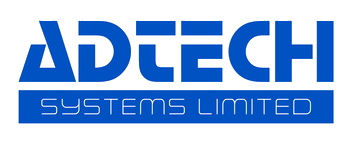










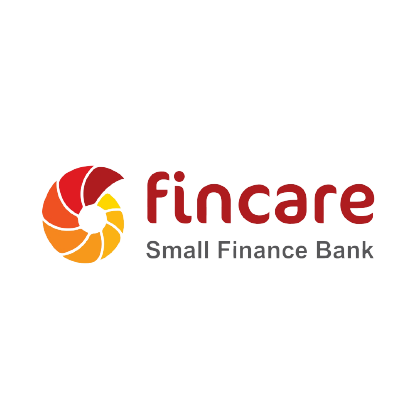




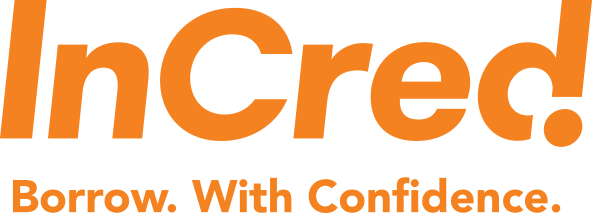
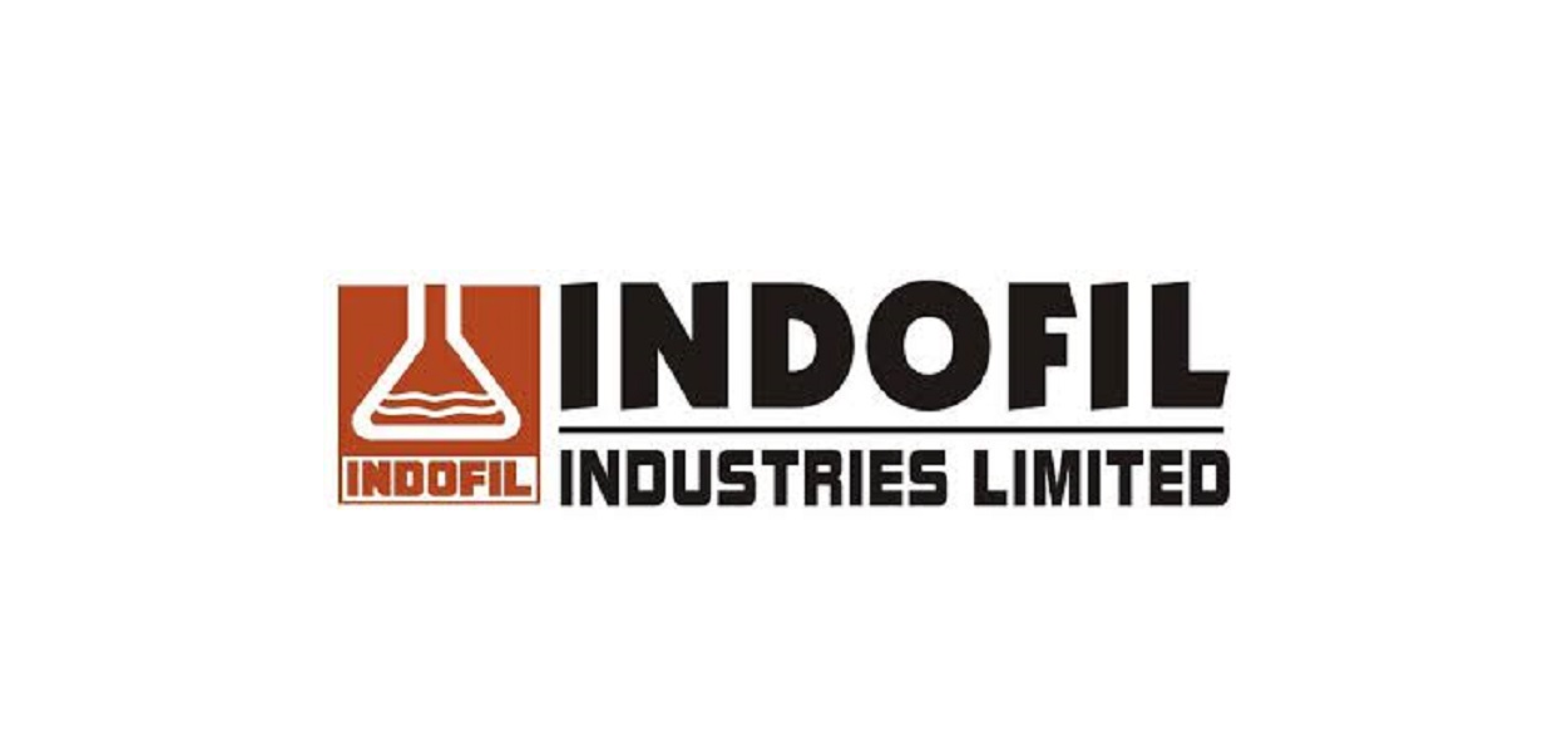

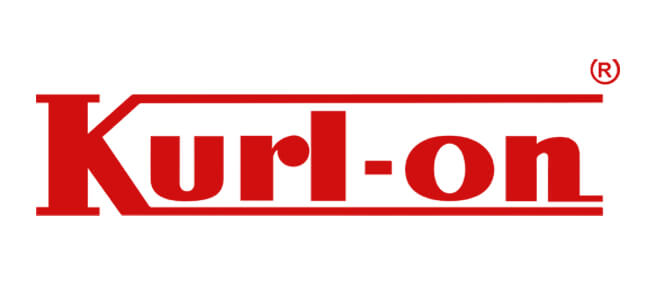
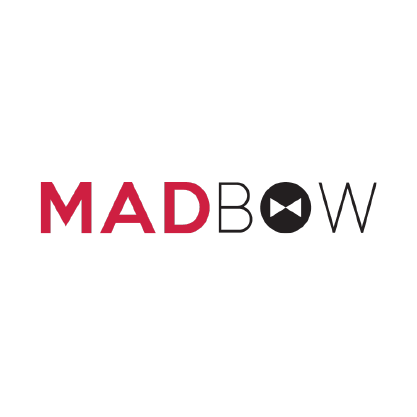




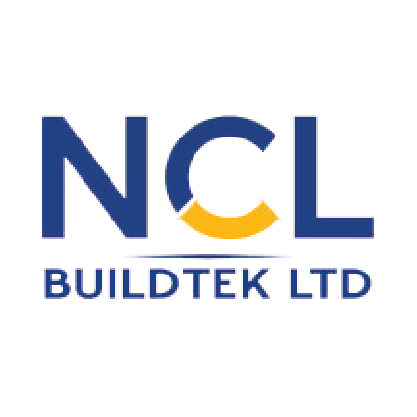
%20Limited%20logo.png)

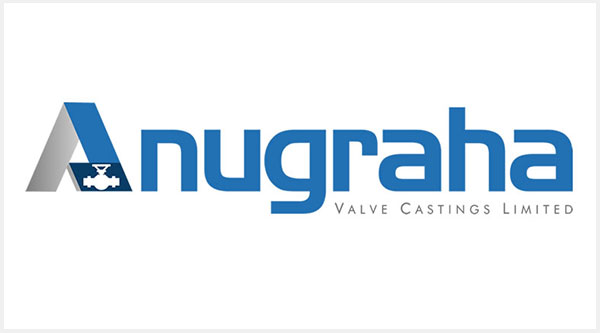

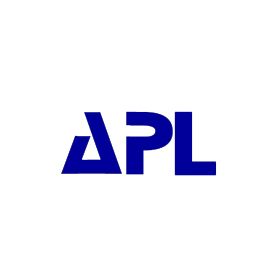



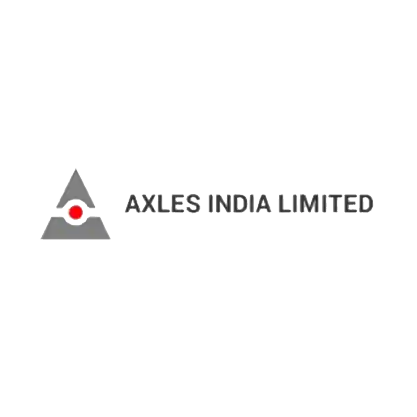
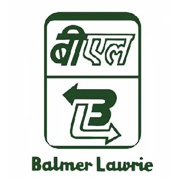











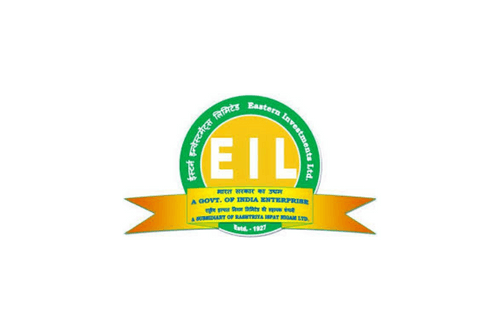




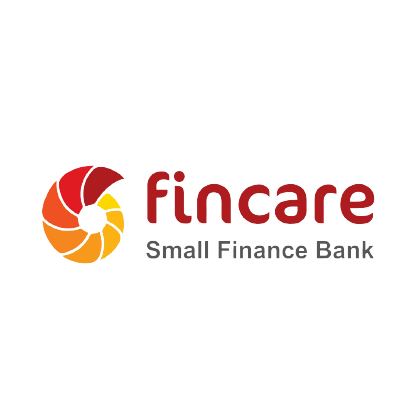
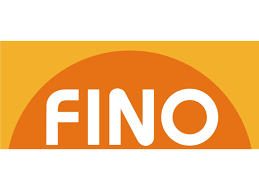

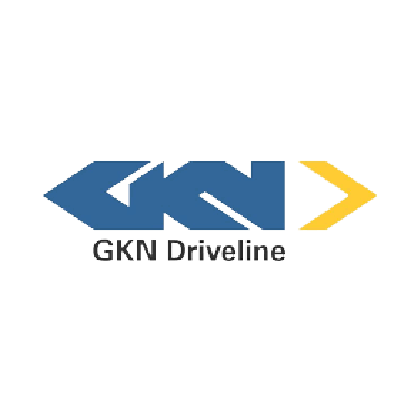

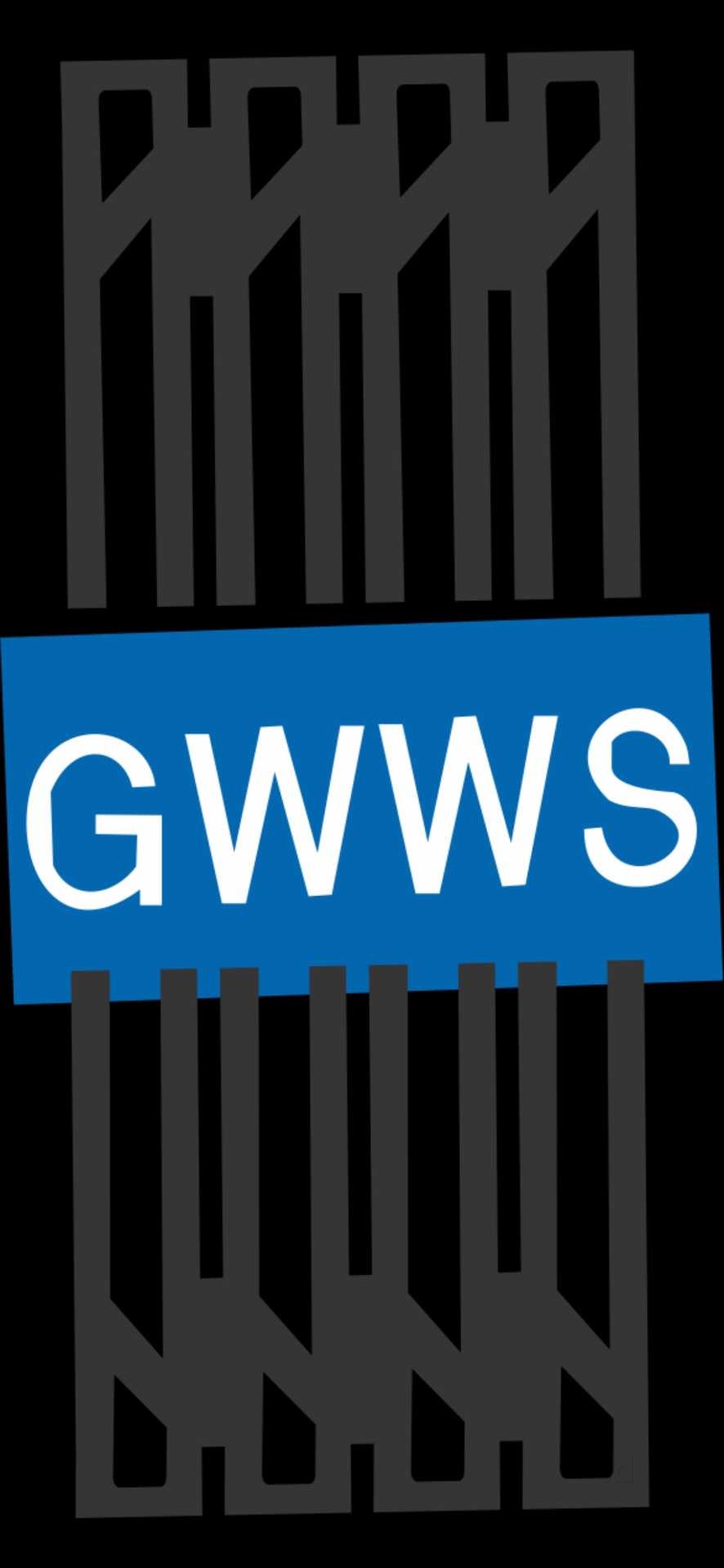
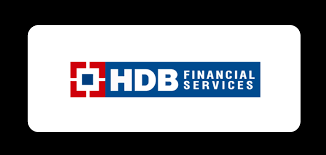





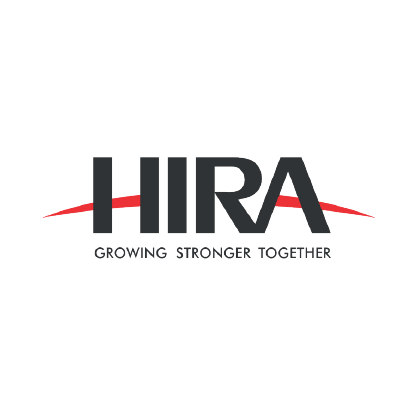
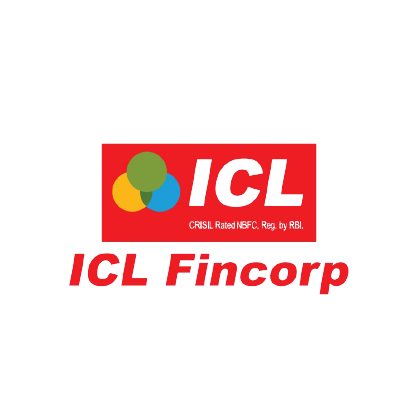

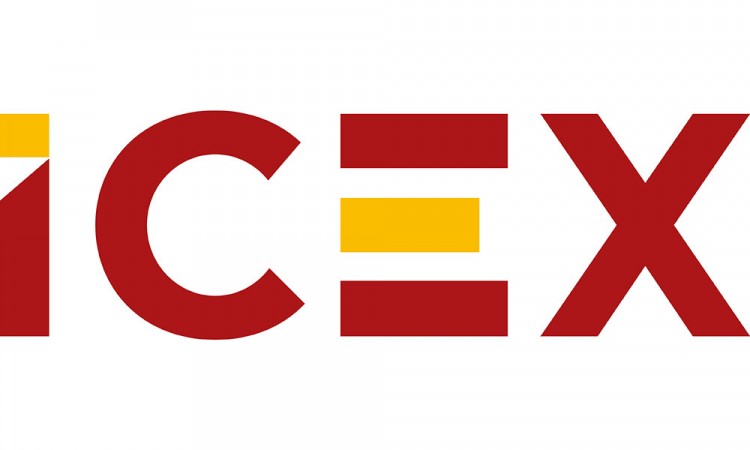

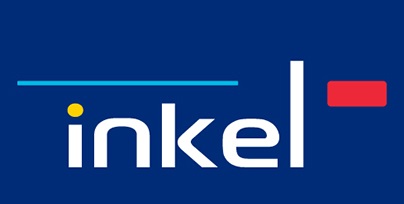
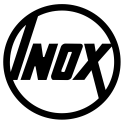


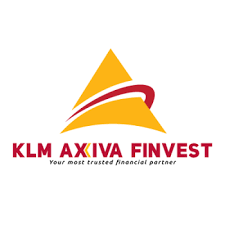






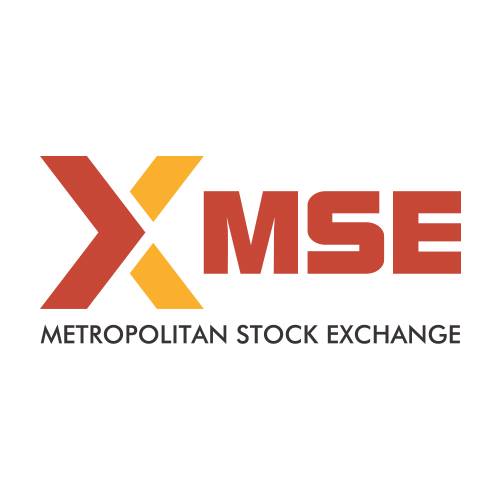


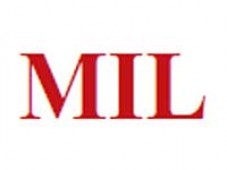



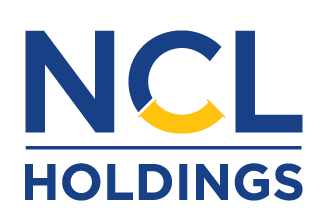









 logo.png)




 logo.png)
